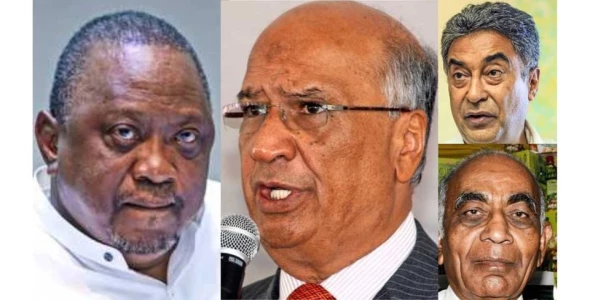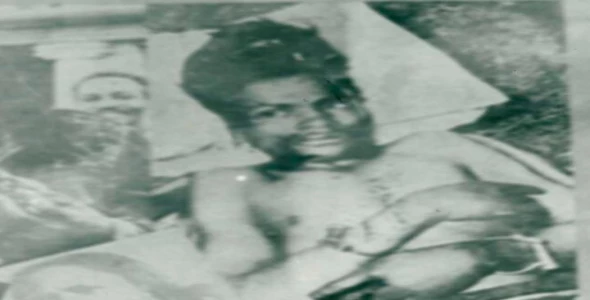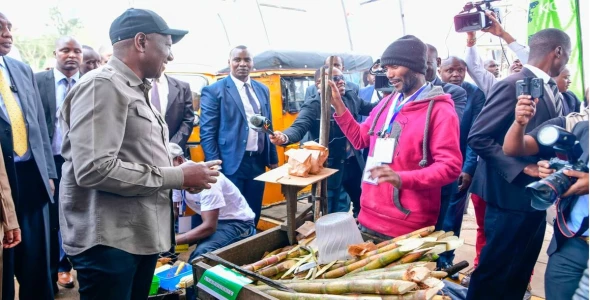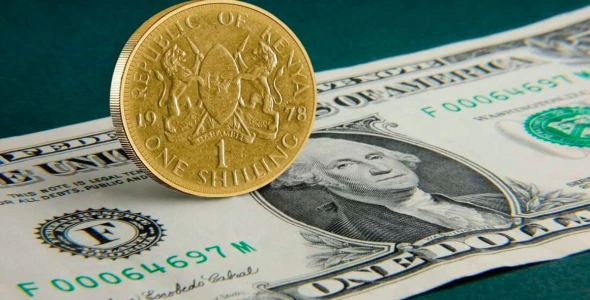Follow us on Facebook
Blog Details
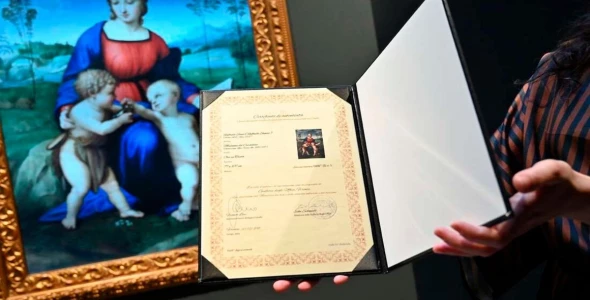
- 14 Jul, 2022
- 719 Views
- Source : Admin
Kenya’s tech-savvy youth are finding opportunities in virtual art
Kenya’s tech-savvy youth are finding opportunities in virtual art, signalling a potential job creation to alleviate the country’s unemployment rate. A number of them are finding profitable ventures in non-fungible token (NFT) art, with many going as far as quitting their day jobs for it.
The sector that was nearly non-existent barely two years ago, now carries the hopes of many and its growing prominence has built confidence for young people who now believe they need nothing more than an artistic flair to earn a living.
It represents a unique digital asset with characteristics that are particular, that is, it cannot be interchanged or replaced by another equivalent token, market tracking firm NonFungible.com says.
NFTs take multiple forms, for instance of a digital work of art (painting, photograph, graphical illustration, music, video, film, etc.), a domain name, or even an equipment in a video game.
For Benson Wanjama, 27, the journey into NFT art began when American digital artist Mike Wilkermann, alias Beeple, sold an NFT of his work for $69 million in a day last year in March, a sale that is todate regarded among the highest ever in the industry.
At the time, he barely knew anything about NFTs or anyone in the trade, but developed a desire to venture into the little-known industry. He sank into the internet and in less than a month, had gathered all the information he needed to start.
“In the first month that I sold my art as NFTs, I made more money than the salary I earned from my day job as a photographer,” he said. He later quit the job and is today purely an NFT artist.
Today, unlike at the beginning of last year, there is a whole society of NFT artists in Kenya, Uganda, Tanzania and the rest of the continent, with the Kenyan chapter even seeking to get registered as a guaranteed company.
“Our NFT community has over 200 members, mostly people living entirely off NFT art and several enthusiasts who are also in it for the love of art and the entire blockchain environment,” Wanjama told silica24.
The volume of NFT traded has been on the rise since 2020, bolstered by the Covid-19 restrictions that cut off the income streams for several artists globally.
In Kenya, the association of some of the country’s big names, including marathon gold medallist Eliud Kipchoge and rapper Henry Ohanga, alias Octopizzo, with the new innovation as further improved their adoption.
Kipchoge’s NFT collection, which included digital representations of his career milestones, was among the first in the country and sold for over $40,000 in April 2021.
Royalty pursuit
Octopizzo’s NFT album, Fuego, is said to have garnered over $2,000 worth of sales in the first 15 minutes of release in February this year.
In the first quarter of 2022, the volume of NFT trade, according to NFT market tracking firm NonFungible.com, rose to $16.5 billion, a 13.25 percent increase compared to the same quarter last year.
The volume was buoyed by an 80 percent rise in the prices of NFTs since last December, a phenomenon that was associated to changing taste in the type of assets traded, with gaming assets losing currency in favour of art and collectibles.
But even as NFTs permeate youths’ thinking in Kenya, the principle of how it works still eludes many, even those who have given their lives to it.
Prof Bitange Ndemo, chairman of Kenya’s Taskforce on Blockchain and Artificial Intelligence explains NFTs as digital assets which are unique and irreplaceable in nature and through their sale, the owner earns an income and the buyer gets a special right to earn royalties from the asset, giving a form of financial security.
“An NFT creator is just like a farmer who produces unique coffee and takes it to the market. But before they are paid, investors give them money and in turn earn the right to get a share of their income from the coffee when it is delivered.”
But just like cryptocurrencies, Prof Ndemo warns people not to venture into NFT creation or purchase without proper knowledge as the sector is still foggy to many, including government regulators.
In fact, according to NFT creators and enthusiasts, the lack of regulation in the sector has had them living in fear, as they don’t know whether their income is considered legitimate or not.
“Most people in the NFT community lead quiescent lives as they don’t know if tax officials will track them down for unpaid taxes, because there is no clear law on taxes from income earned in NFTs,” said Mr Wanjama.

